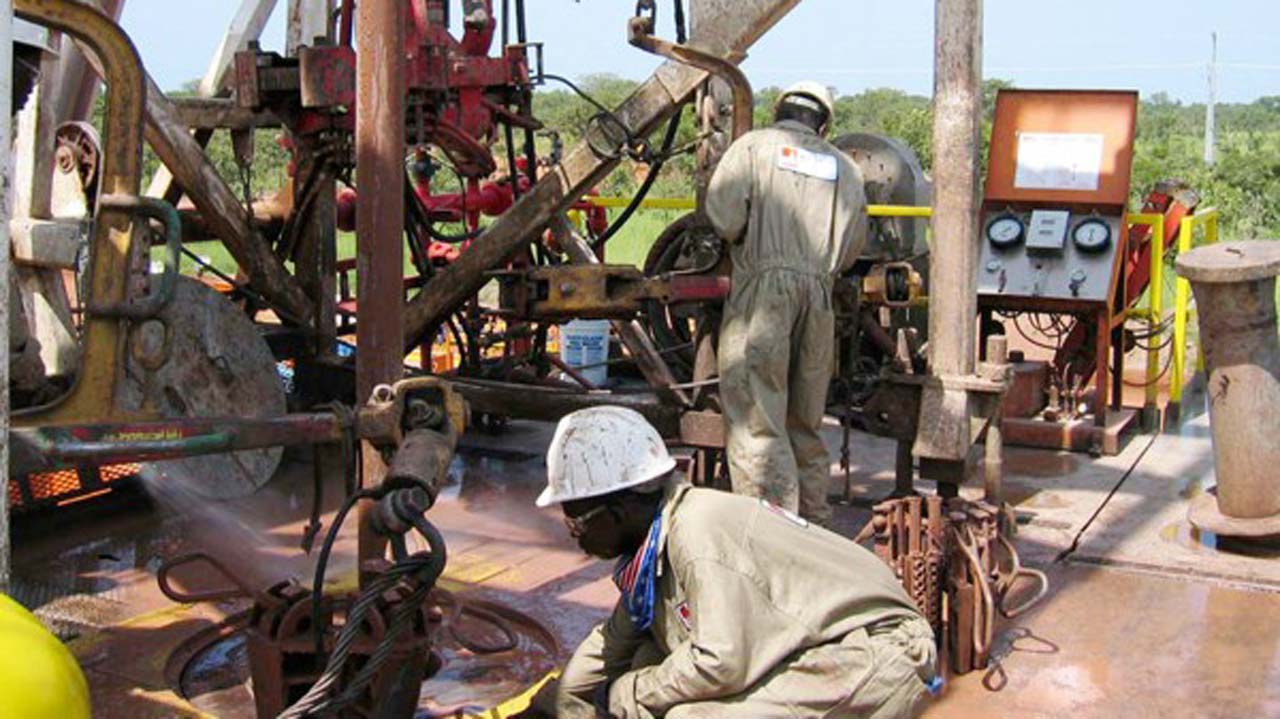
Licensing of oil blocks is the weakest link in Nigeria’s “value realisation” component, with a score of 17 out of 100 points in policy statement, which placed it 77th among 89 countries assessed, according to the 2017 Resource Governance Index, compiled by the Natural Resource Governance Institute (NRGI).
The report released on Wednesday, noted that this score and ranking reflect high level of opacity in key areas of decision-making, including qualification of companies, process rules and disclosure of terms.
The ranking showed that governance challenges pervade throughout Nigeria’s oil industry decision chain. According to the findings of the index, value is lost particularly in licensing, and in Nigeria National Petroleum Corporation (NNPC’s) sale of government oil and when revenues from oil and gas are shared and saved.
The global index assessing countries’ oversight of natural resources, ranked Nigeria’s oil and gas sector 55th out of 89 assessments worldwide.
Nigeria is one of the world’s most resource-dependent countries, with oil and gas sales constituting 90 per cent of the country’s exports in 2015. The strength of oil and gas sector’s governance therefore impacts the wellbeing of Nigeria’s 182 million citizens.
Despite some progress in transparency of revenue collection over the past five years, tracking payments from oil and gas companies remains challenging.
In terms of the governance of subnational resource revenue sharing, Nigeria ranked 11th. However, the public lacks access to audited information on revenue flows to lower levels of government, and this contributes to the gap between the legal framework and implementation.
Nigeria country manager for NRGI, Sarah Muyonga, said: “NNPC has made some new disclosures under the Buhari administration, but the details and revenue implications of many of its high-value transactions remain secret. Furthermore, the Nigerian Government does not regularly publicly disclose government officials’ financial interests in the extractive sector or the identities of beneficial owners of extractive companies.
The report scored NNPC 44 out of 100 for poor governance and falling below the sub-Saharan African average for state-owned enterprises (SOEs), despite being the largest on the continent.
According to NRGI, the Corporation does not disclose detailed annual reports on its finances, despite top officials having committed to doing so, and little information is publicly available, particularly concerning some of NNPC’s least efficient and most questionable activities.
Findings with huge implications for the country concern its largest Sovereign Wealth Fund (SWF), and Nigeria’s Excess Crude Account (ECA), reputed as the most poorly governed, which ranked last alongside the Qatari Investment Authority.
Muyonga added that improving governance of the state-owned enterprise, NNPC, is crucial, and will hugely benefit the lives of millions if done effectively.
She noted that the government discloses almost none of the rules or practices governing deposits, withdrawals or investments of the ECA. Given that the ECA is the largest fund by asset balance in Nigeria, this constitutes a vast governance concern at the end of the oil sector value chain.



